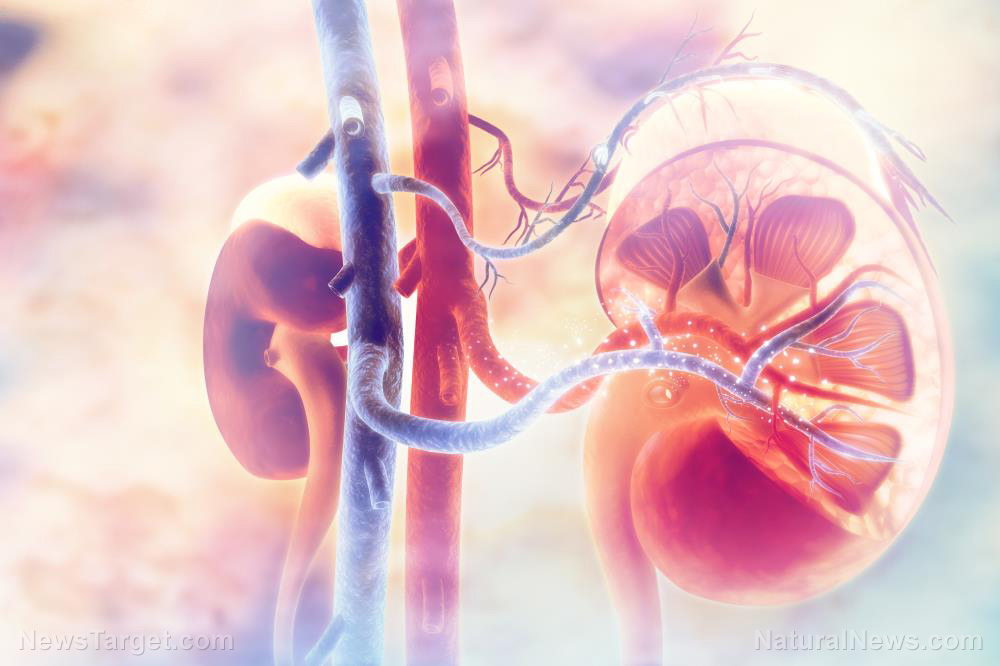Scientists FAIL to deliberately infect trial participants with COVID, proving that germ theory is a FRAUD
05/15/2024 / By Ethan Huff

Scientists in Great Britain are working on a new project aimed at developing new “vaccines” for the Wuhan coronavirus (COVID-19), and in the process they have inadvertently learned that germ theory, the idea that people get sick from “catching germs,” is a hoax.
In trying to deliberately infect trial participants with the latest COVID strains and subvariants, the research team learned that even doses 10,000 times higher than the original strain are not enough to induce sustained infection.
They are claiming that the reason for this is because the participants developed natural immunity from prior infection, but it appears as though the real reason has to do more with the fact that COVID is not even a transmissible virus, nor has it even been proven to exist.
Because it was never properly isolated using Koch’s postulates, COVID as it is being presented to the world is not even real. Something made people sick, whether it was seasonal flu, 5G, the “vaccines,” or some combination of all of the above, but there is still no proof to suggest that COVID is some floating disease that transfers from person to person through the air or droplets.
(Related: Did you know that the healthiest people still carry 10,000 germ strains inside their bodies at all times, and yet are not actually sick?)
Womp, womp
The Lancet Microbe published the study, called the “Human Challenge” trials, on May 1. In it, the results “raise questions about the usefulness of COVID-19 challenge trials for testing vaccines, drugs and other therapeutics,” reported Nature.
“If you can’t get people infected, then you can’t test those things,” said Tom Peacock, PhD, a virologist at Imperial College London.
In other words, we went from this thing is so deadly and contagious that all life needs to stop to we can’t even deliberately infect anyone with COVID for some reason, which is interfering with our plans to develop new high-profit drugs to sell you.
It is unclear from this particular research if the effects are different in the vaccinated versus the unvaccinated. Did the “fully vaccinated” destroy their natural immunity to the point that they are no longer immune to COVID, or are they, too, protected from whatever it is these scientists are now having trouble infecting people with?
Chief scientific officer at Children’s Health Defense (CHD) Brian Hooker, PhD, apparently believes that the study’s findings demonstrate the former option that the fully jabbed are out of equation in terms of being protected from COVID.
“The results show the power of natural immunity as compared to the many breakthrough infections in ‘naïve’ vaccinated individuals,” he said.
“Any assertion that vaccination-based immunity is more powerful than natural immunity is complete lunacy – the acquired immune system is a beautiful thing and vaccination is a cheaper and much less effective substitute.”
Such trials are controversial to begin with because of how they seek to purposely infect people with diseases. When the government of the United Kingdom announced the first-ever such trials in 2021, many people balked at the idea, especially since the world was in the middle of a “pandemic,” which we now know was contrived in and of itself.
Proponents of the research tried to pull the wool over everyone’s eyes by claiming it would lead to faster cures, but the truth is that all it has done is turn people into human guinea pigs while enriching Big Pharma and Big Government fat cats at everyone else’s expense.
“Well, if viruses don’t cause illness, then this makes sense,” one commenter at The Defender wrote about these revelations. “After all, during the 1918 flu pandemic, researchers tried very hard to get volunteers infected from sick people to no avail.”
More related news about the COVID deception can be found at Plague.info.
Sources for this article include:
Submit a correction >>
Tagged Under:
Censored Science, covid-19, discoveries, germ theory, health science, infections, outbreak, pandemic, Plague, rational, real investigations, research, science deception, science fraud, skeptics, truth, virus
This article may contain statements that reflect the opinion of the author



















